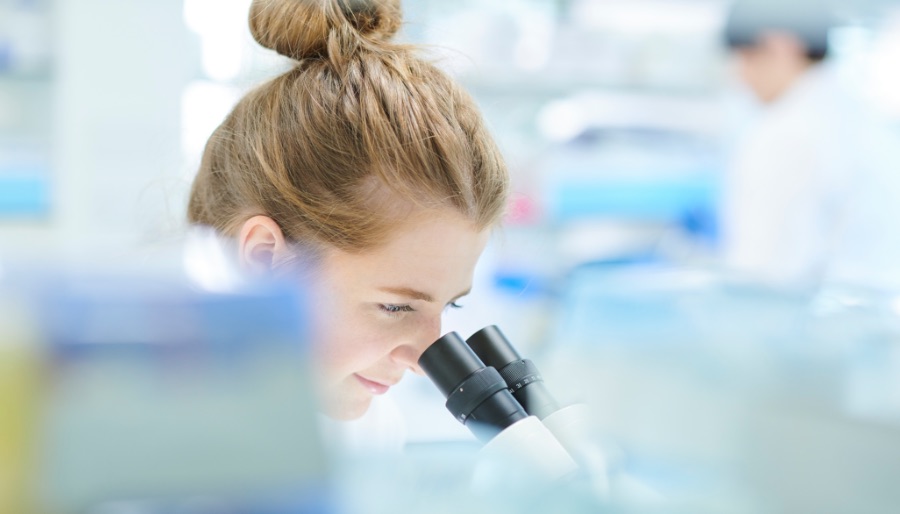BB-12® may support immune function
In a randomized, double-blinded, placebo-controlled vaccine model, 1 billion CFU/day of the BB-12® strain were consumed two weeks before a vaccine challenge, and for four weeks after.3 During this time a significant increase in vaccine specific antibodies were found in the BB-12® group compared to the placebo group. This suggests the BB-12® strain is able to improve immune function and augment the systemic response to a bacterial or viral challenge.3
When consumed together, the LGG® and BB-12® strains (each at 1 billion CFU/day) have been associated with fewer days with upper respiratory tract infection symptoms.2 Following a 12-week intervention period in a study of college students, those who received the two-strain combination had 33% fewer days with symptoms and rated their symptoms as significantly less severe, compared to those receiving placebo.2
L. CASEI 431® and the clinical support
Several studies have associated the L. CASEI 431® strain with healthy immune response to vaccine challenges. Three randomized, double-blinded, placebo-controlled studies administered the L. CASEI 431® strain to healthy adults prior to a vaccine challenge. The potency was 1 billion CFU/day in two of the studies3, 4 and 10 billion CFU/day in the third study.5 In all three studies, the group taking the L. CASEI 431® strain had an improved immune response and an increase in vaccine specific antibodies compared to the placebo group.3, 4, 5
One of the largest randomized, clinical probiotic studies to be conducted investigated the effect of the L. CASEI 431® strain on immune response to a vaccine challenge and incidence of upper respiratory tract infections among healthy adults. n=1104 volunteers received 1 billion CFU/day of the strain for 42 days. Following the intervention, the duration of upper respiratory tract infections was significantly reduced in the L. CASEI 431® group compared to placebo. No differences were seen in the number of vaccine specific antibodies.23
LGG®, L. CASEI® and BB-12® may play an important role in immune response support
In preclinical investigations, the LGG®, L. CASEI® and BB-12® probiotic strains have all been associated with capacity to promote a healthy immune response to a challenge. The probiotic strains were associated with a promotion of several steps in the Th1 response required for the formation of specific pathogen-fighting antibodies. This effect on immune function has been supported in clinical studies in which the probiotic strains, some alone and some in combination, have been associated with a reduction in the incidence, duration and severity of respiratory and flu-like sickness.
Read what to look for when choosing a probiotic.
L. CASEI®, LGG® and BB-12® are registered trademarks of Chr. Hansen A/S.
The article is provided for informational purposes regarding probiotics and is not meant to suggest that any substance referenced in the article is intended to diagnose, cure, mitigate, treat, or prevent any disease.





